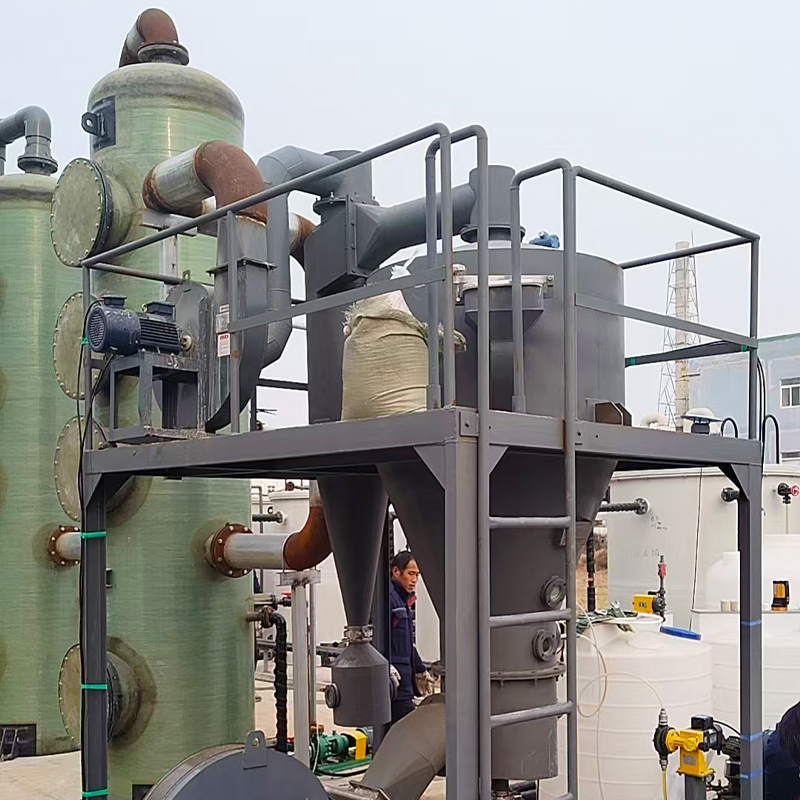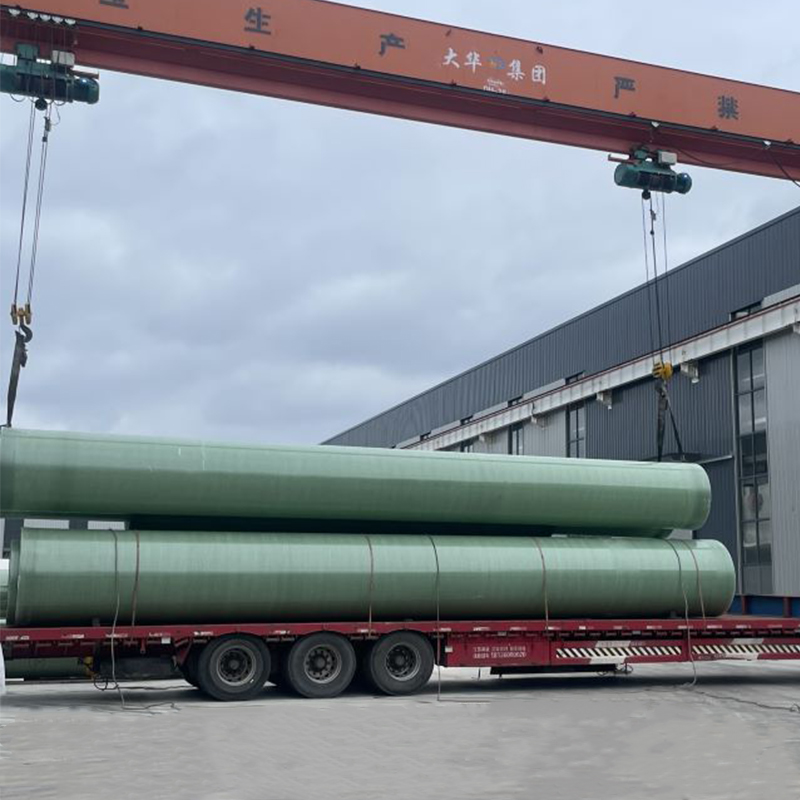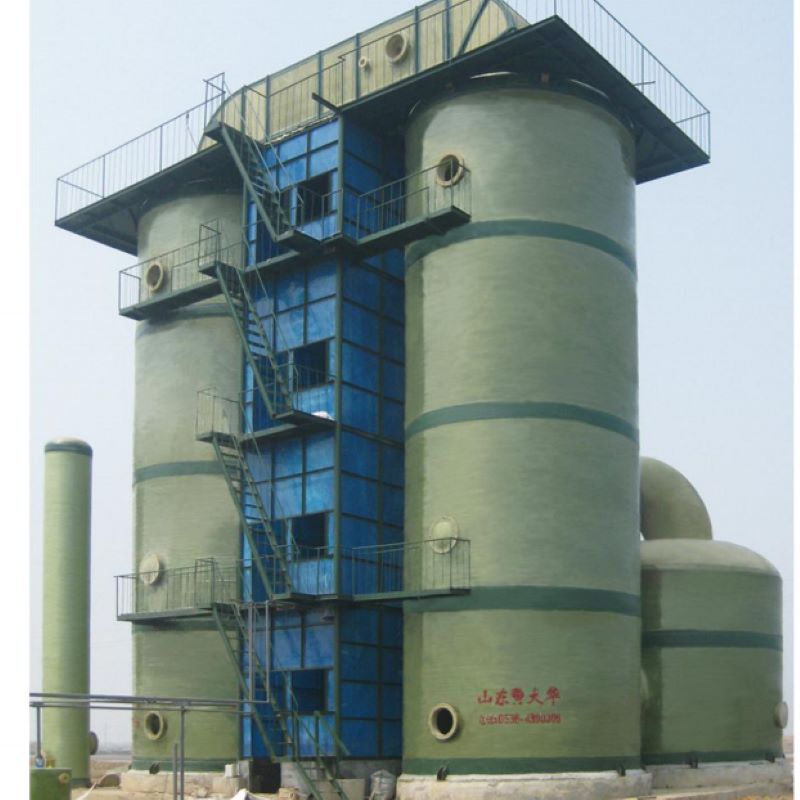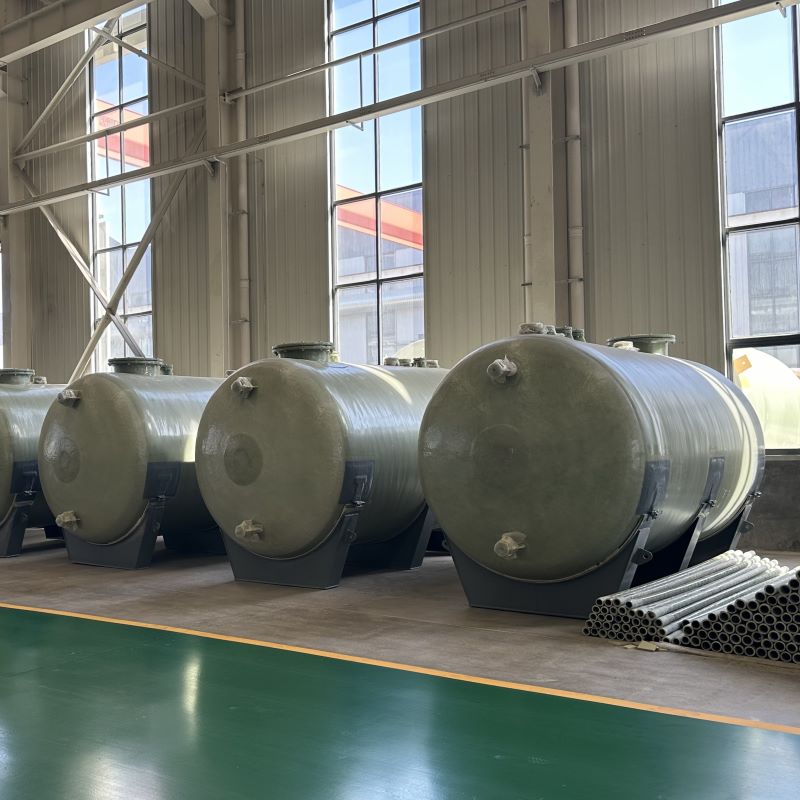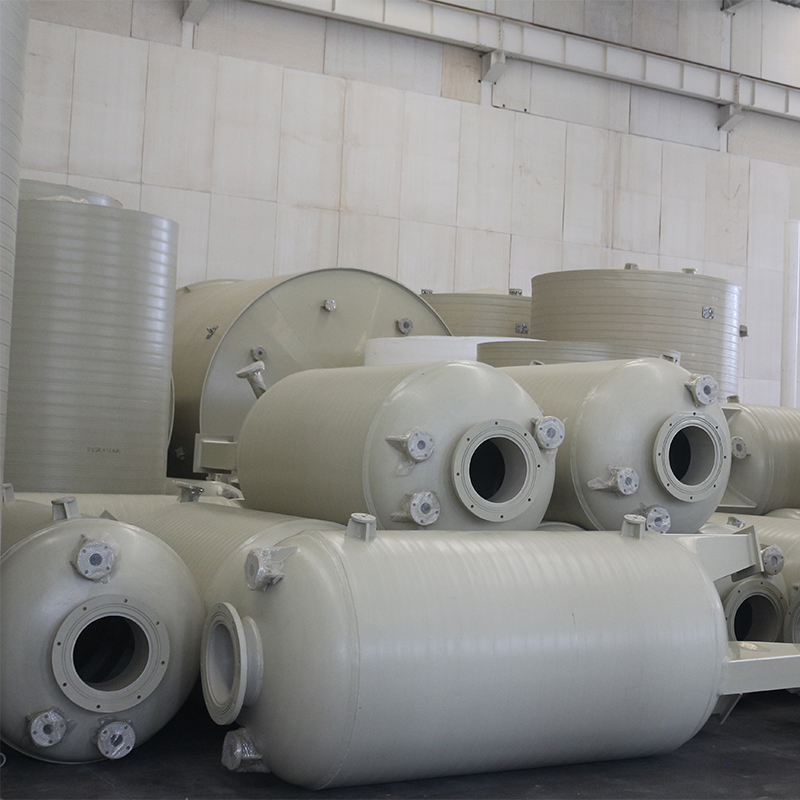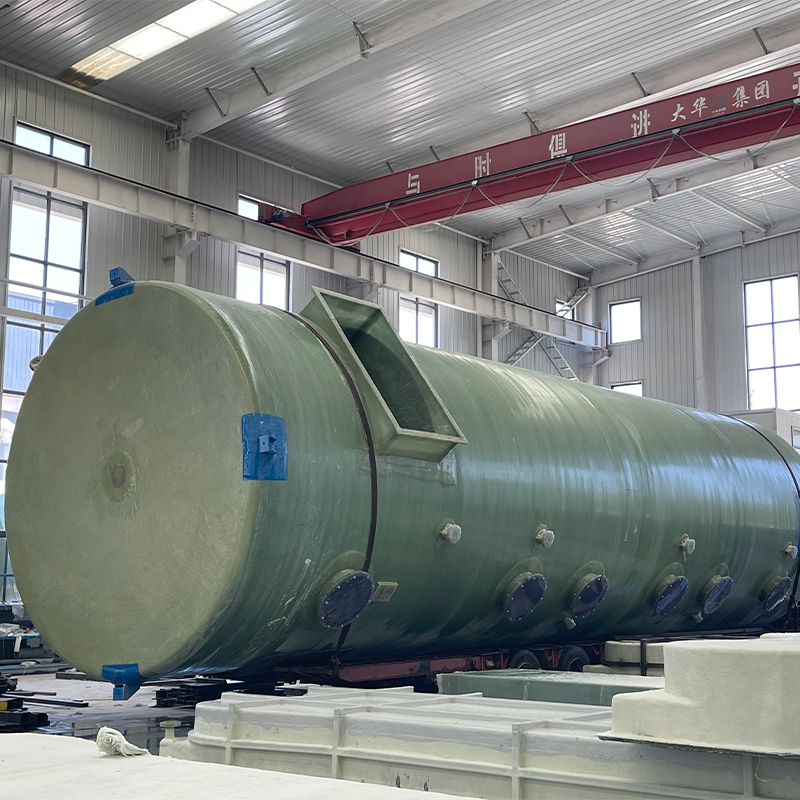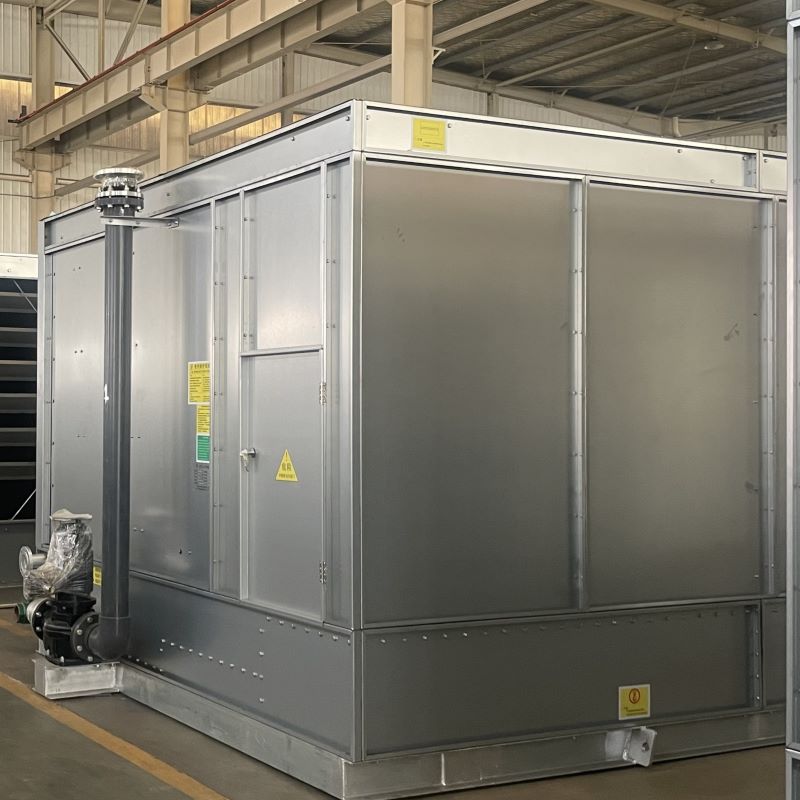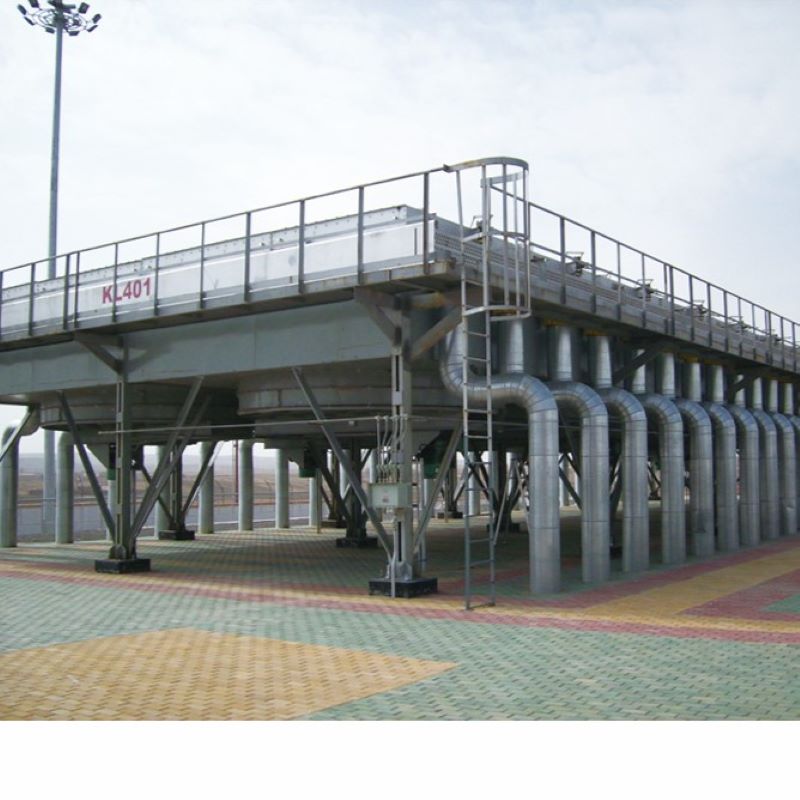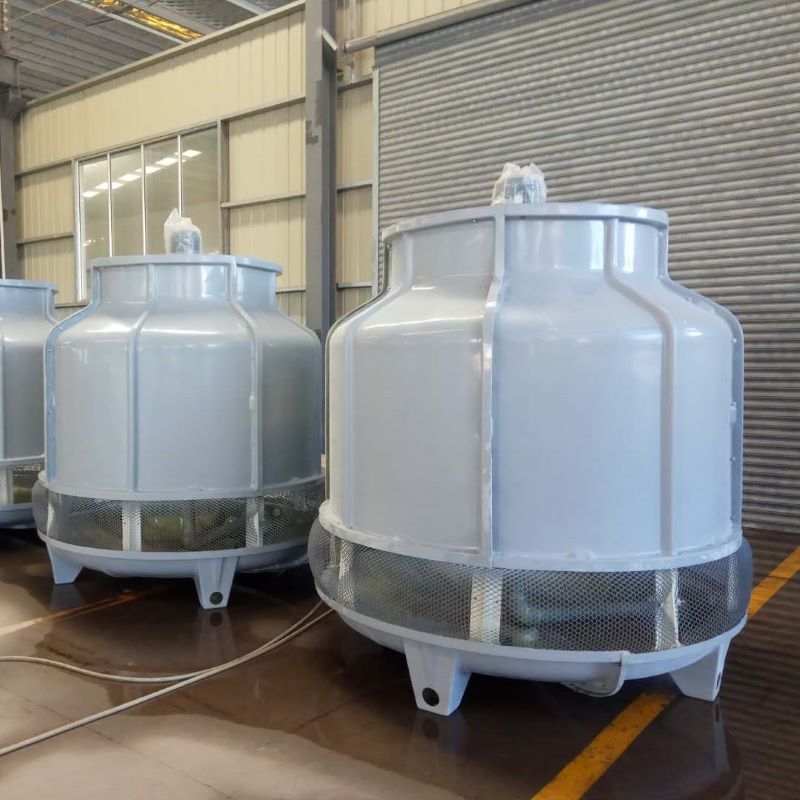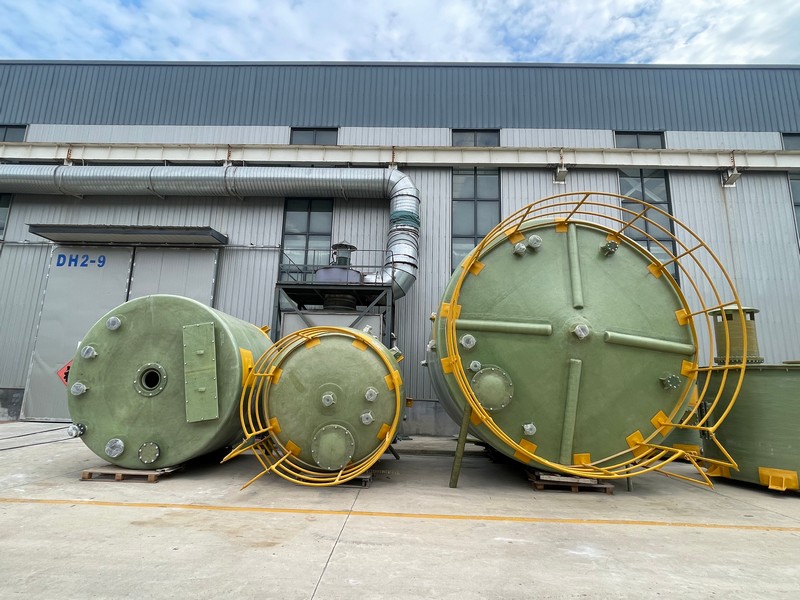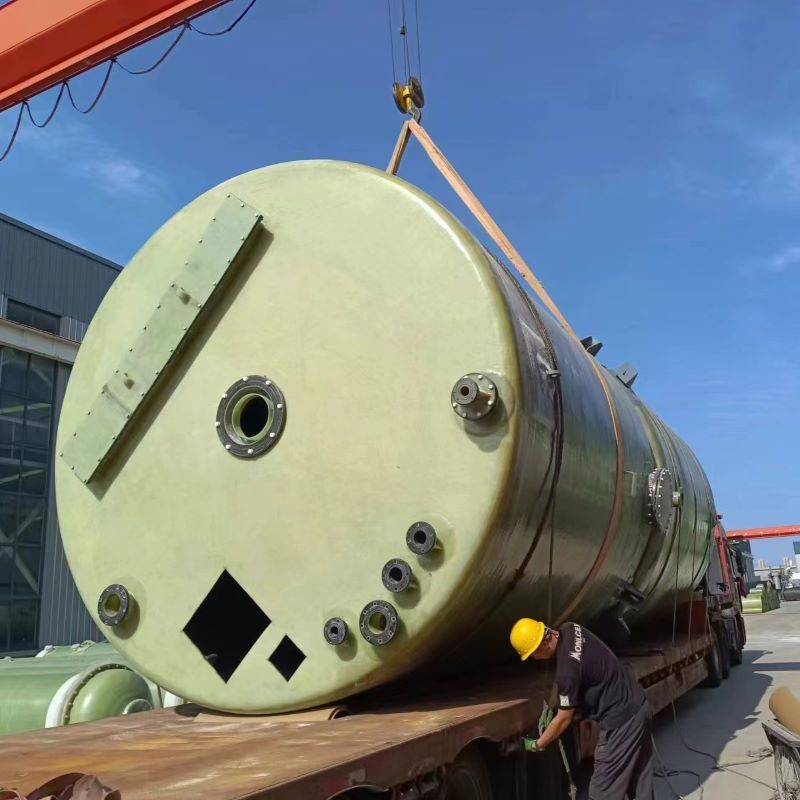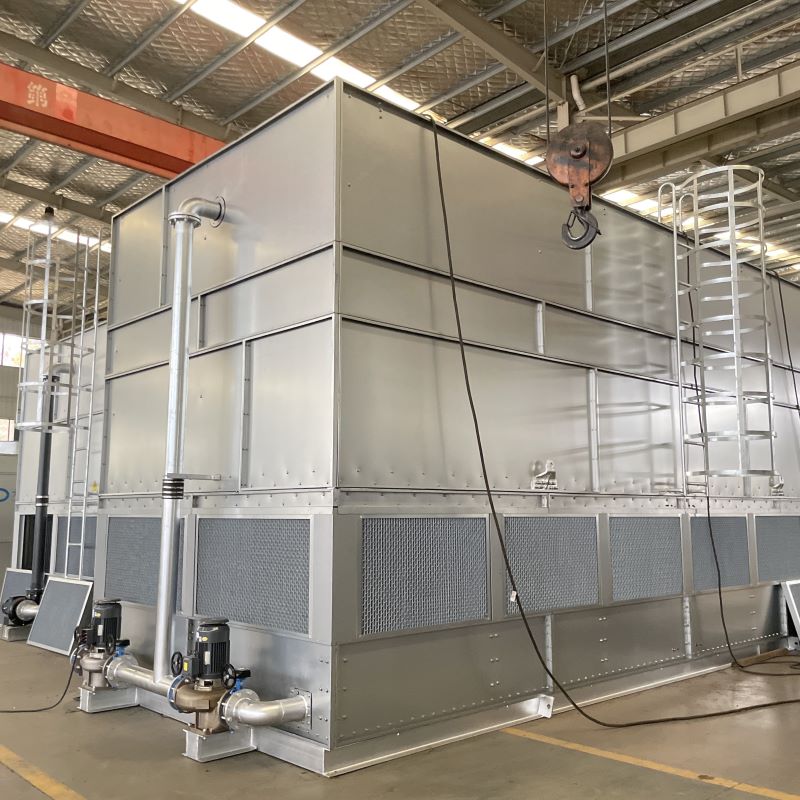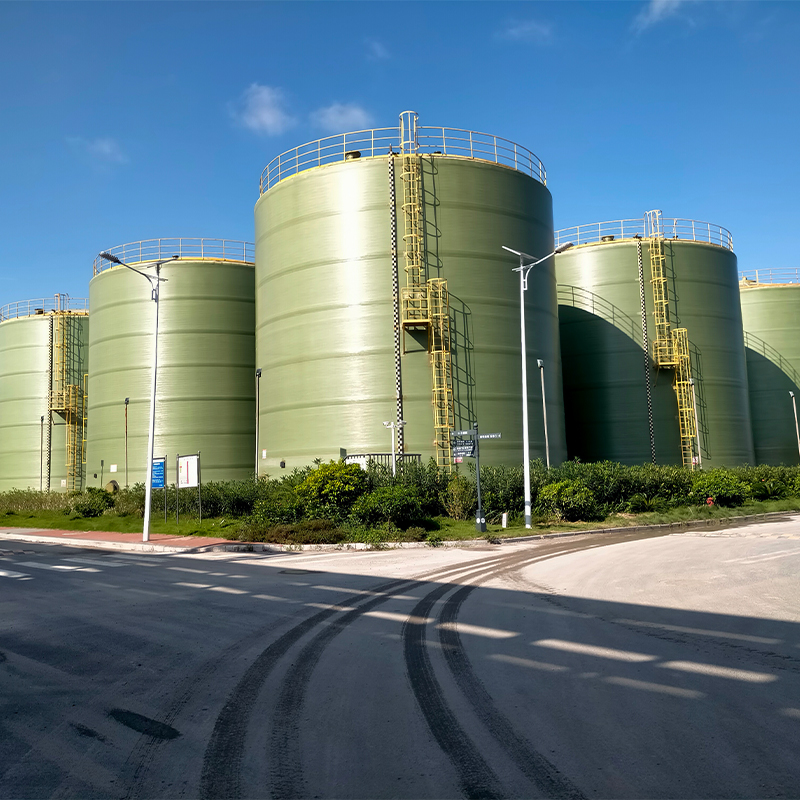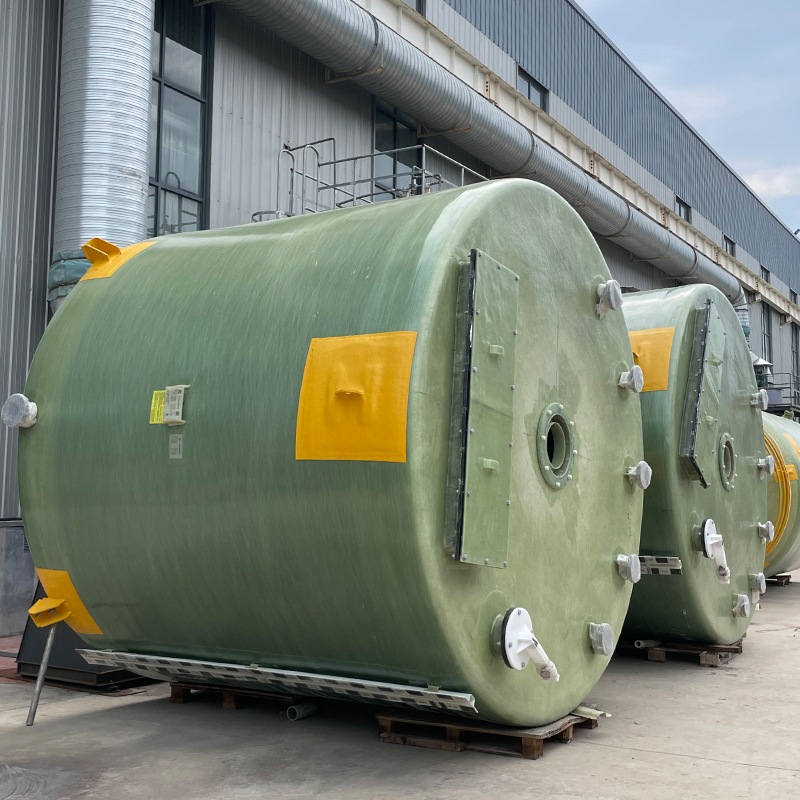
OEM Special Bricks for Mannheim Potassium Sulfate
Understanding OEM Special Bricks for Mannheim Potassium Sulfate Production
OEM Special Bricks play a critical role in the Mannheim process for producing potassium sulfate. These bricks must withstand extreme conditions, yet there's a surprising amount of confusion and misinformation surrounding their selection and use. Let's clarify what really matters when working with these essential materials.
The Basics of OEM Special Bricks
First things first: the importance of choosing the right OEM Special Bricks can't be overstated. They provide thermal insulation and durability to withstand the harsh chemical reactions in the Mannheim furnace. When I first got involved, I underestimated the rigorous demands on these bricks, assuming 'heat-resistant' was all I needed. Big mistake. The specifics matter, from chemical composition to physical dimensions.
One lesson learned early on is that these bricks must resist not just heat but also corrosion caused by sulfuric acid and heat combined. Inadequate bricks lead to frequent maintenance and, even worse, potential shutdowns. The performance of the furnace hinges on their integrity.
Our collaboration with a reliable supplier taught us a valuable lesson: always verify the material properties yourself. Certificates are essential, but testing in real conditions often reveals the unforeseen. A colleague's project faced unexpected delays due to unseen micro-cracks that weakened the furnace structure over time.
Key Considerations for Material Selection
When selecting OEM Special Bricks, balance is crucial. Overemphasizing thermal resistance might compromise chemical stability. I've seen projects where initial savings on subpar bricks ended up costing twice as much in replacements and repairs. The ideal choice strikes a harmony between life expectancy and upfront costs.
Compatibility with furnace design is another factor to weigh. In one project, we learned this the hard way. The bricks fit the standard dimensions but were incompatible with the unique architectural specifications of a custom furnace design. A costly oversight, indeed.
Another often-missed factor is the supplier’s technical support. Access to expertise can spell the difference between smooth operations and costly missteps. The company’s continuous support during installation and maintenance proved invaluable, resolving minor hiccups before they grew into major issues.
Installation Challenges and Solutions
Even the best OEM Special Bricks won’t perform if improperly installed. I've seen teams rush this phase to disastrous results. Ensuring precision in alignment and secure placement is non-negotiable. Every millimeter counts when maintaining structural integrity under thermal stress.
It’s not just about fitting them together like a puzzle. Mortar selection is another potential pitfall. A mismatched mortar can undermine the bricks' resistance to thermal expansion, leading to fissures. Testing different types under operational conditions helped us find the best match.
The specifics of the installation process are often unique to each facility. It’s wise to document and follow a customized protocol, rather than relying solely on industry standards. Devoting time to this setup phase saves you many headaches down the road.
Dealing with Unexpected Issues
Even with the perfect setup, unexpected issues can arise. For instance, a sudden drop in potassium chloride quality can affect the furnace's performance, indirectly impacting the bricks. Monitoring all raw materials is crucial.
In one particular instance, adjusting the sulfuric acid concentration helped mitigate excessive wear on the bricks. This tweak was counterintuitive, yet it addressed the unexpected corrosion issues effectively. Flexibility in approach is often necessary.
Also, it’s invaluable to have a plan for rapid repairs. We developed a quick-response protocol allowing us to replace damaged bricks swiftly, minimizing downtime. Ensuring consistent training for maintenance teams on such protocols is an investment that pays off handsomely.
Continuous Improvement and Future Prospects
As with any industrial process, there’s always room for improvement with OEM Special Bricks. Staying informed about advancements in material technology can offer new solutions for age-old challenges. For instance, recent innovation in composite brick materials holds potential for enhanced performance.
Furthermore, collaborative efforts with designers and manufacturers can lead to custom solutions tailored to specific furnace needs. It’s a give-and-take that yields better outcomes for everyone involved. Open communications and a willingness to iterate on design foster these productive relationships.
In conclusion, the journey of mastering these bricks in the Mannheim process is ongoing. From selection to installation, through unforeseen challenges and towards continuous improvement, each step requires meticulous attention and a readiness to adapt. Companies like DAHUA Group, which offer comprehensive support along the way, prove to be invaluable allies. Their expertise assists in navigating the complexities involved, ensuring that your operations remain both robust and efficient.
Соответствующая продукция
Соответствующая продукция
Самые продаваемые продукты
Самые продаваемые продуктыСвязанный поиск
Связанный поиск- Best High-Efficiency Hybrid Evaporative Cooler
- China FRP Composite Storage Tank product
- OEM FRP Storage Tank Quotation Manufacturer
- high quality Mannheim Furnace Manufacturer
- high quality PPH tower product
- OEM Hybrid Evaporative Condenser/Cooler product
- China FRP Storage Vat product
- evaporative cooler with ducting
- China Shandong Potassium Sulfate Furnace Parts factory
- high quality pentair frp tank exit


